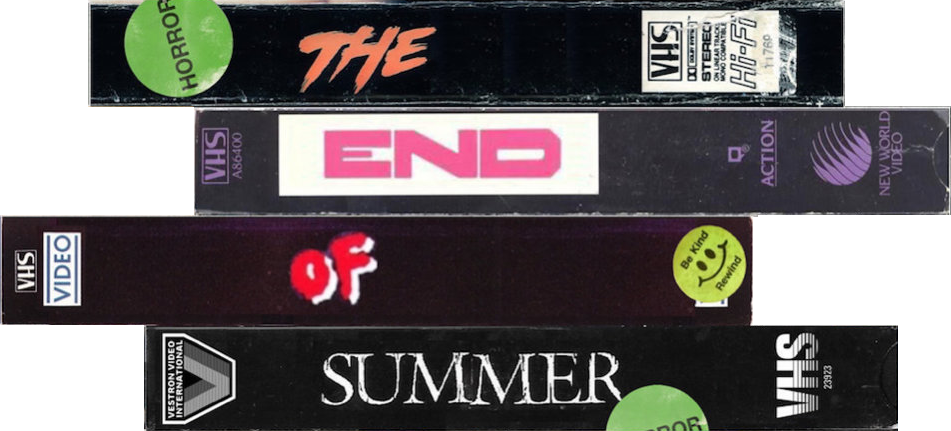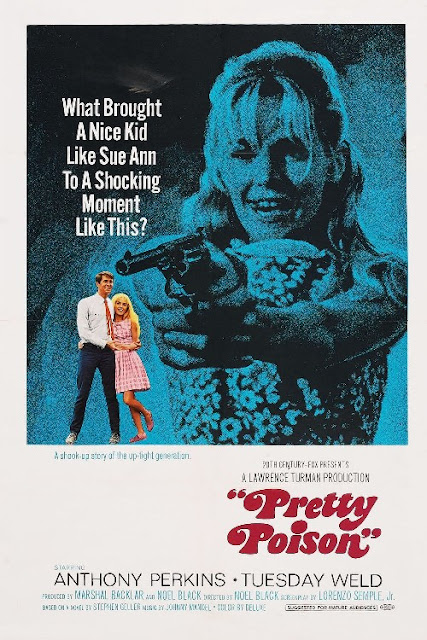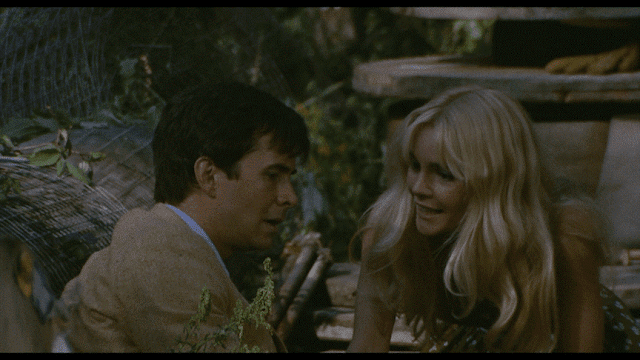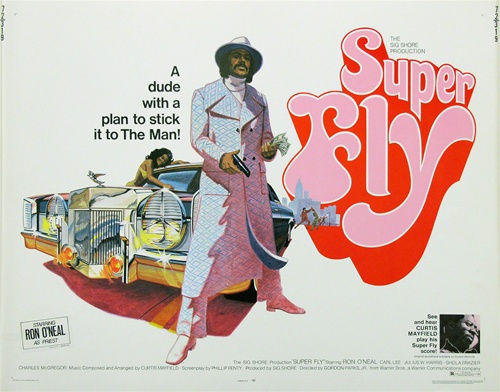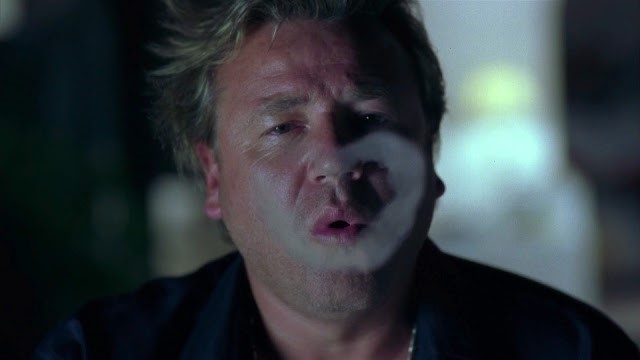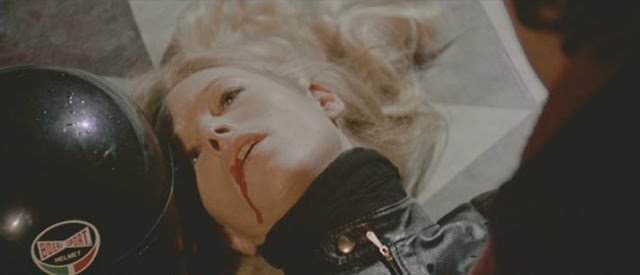
The words “horror-western,” “cannibal tribe,” and “Kurt Russell” left me intensely excited for writer/director Craig Zahler’s directorial debut, Bone Tomahawk. After months of anticipation, finally seeing it was an underwhelming experience. Running at 2 hours and 12 minutes, the first two acts were slowly paced — lots of characters talking to each other and allowing their personalities to rub each other the wrong way. This was Bone Tomahawk’s overall biggest criticism, but it wasn’t something I personally minded, because when you’ve got actors like Russell, Bruce Dern, and Patrick Wilson playing these old west characters speaking to each other in that old west way, it was all very charming — not to mention well written, and very Linklaterish in that conversation realism, even if it didn’t seem to be leading to anything in particular. The third act, however, dramatically changes the tenure of the film, during which Russell and co. finally meet this cannibal tribe, and not everyone makes it out alive. What began as something different and daring ended with very cheap looking sets and graphic violence that kind of came out of nowhere.
Despite that, I made a note of Zahler’s name, largely because of how he approached writing and directing such a left-field kind of story while attracting A-list talent for a genre title. So when his sophomore effort, Brawl in Cell Block 99, began gearing up, I felt that familiar anticipation creeping in.

This time, I was not at all disappointed. On the contrary, it’s incredible — audacious, ballsy, (and daring) — a grindhouse flick that actually feels like a grindhouse flick rather than the gawdy Grindhouse double feature from Tarantino and Rodriguez, or its bastards Hobo with a Shotgun and the Machete series. From its mythical lead bad-ass (Bradley Thomas, as played by an intimidating Vince Vaughn), to its increasingly depressing prison settings (a popular environment for grindhouse flicks), to its array of cartoonish villains (a perfectly calibrated Don Johnson), Brawl in Cell Block 99 feels like the first film in a long time to not only properly make good on its grindhouse roots, but to present something sincere. What does that mean? It means that while something like Hobo with a Shotgun could be argued as being a fun and frantic experience, it’s not necessarily a good film. Brawl in Cell Block 99 is. It somehow manages to dip its toes into both pools with great success. Its special effects (all practical) are presented as purposely hokey; the level of violence Vaughn’s Bradley commits against his target is so graphic that it almost has to be — extremely realistic effects would have robbed the film from its intended camp value, and sometimes these hokey effects threaten to fly in the face of the otherwise razor-serious tone, but it’s a perfect balancing act; these two at-odds approaches complement each other rather than come to blows. Never in a million years did I think I’d ever see Vaughn and genre favorite Udo Kier sharing the screen — between that and the odd but somehow appropriate R&B/soul-driven soundtrack, Brawl in Cell Block 99 should be scattered and random, but yet it all works. And Udo Kier calmly driving down a quiet suburban street listening to soul is just hilarious to me — don’t ask me why. Perhaps the kidnapped, bound, and gagged pregnant woman and sadistic doctor in the backseat have something to do with the absurdity of the moment.
Far too exact to be coincidental, Brawl in Cell Block 99 also runs at 2 hours and 12 minutes (this must be Zahler’s lucky number), and while he again employs his very deliberate pace, this time it feels like a grand design — something part of the plan; incremental rising action. We already know from the outset that Bradley ends up in a hellish prison landscape, so the first half of the film plays with that, putting him on a path that eventually leads him there. Unlike Bone Tomahawk, the pace here is effectively executed — the film opens with a detectable amount of tension, and slowly builds and builds until those prison bars slam home behind the bald-headed and cross-tattooed Bradley Thomas.
Film fans often seem surprised when Vaughn goes dramatic, but he’s played just as many serious roles as he has comedic ones, even having played a serial killer twice — in the horrid Psycho remake and the underrated thriller Clay Pigeons. And if we can thank the boring second season of True Detective for anything, it’s for reintroducing that idea of a serious Vince Vaughn to a wide audience. Vaughn rides that reasonable good will and ups the ante with Bradley Thomas, who makes for one of the best characters he’s ever played, and results in one of his best performances. It’s through his portrayal of his character that you never doubt for one moment the surreal violence he’s able to commit against those who deserve it — and a couple folks who don’t.
Brawl in Cell Block 99 is a huge surprise. Don’t miss it.
